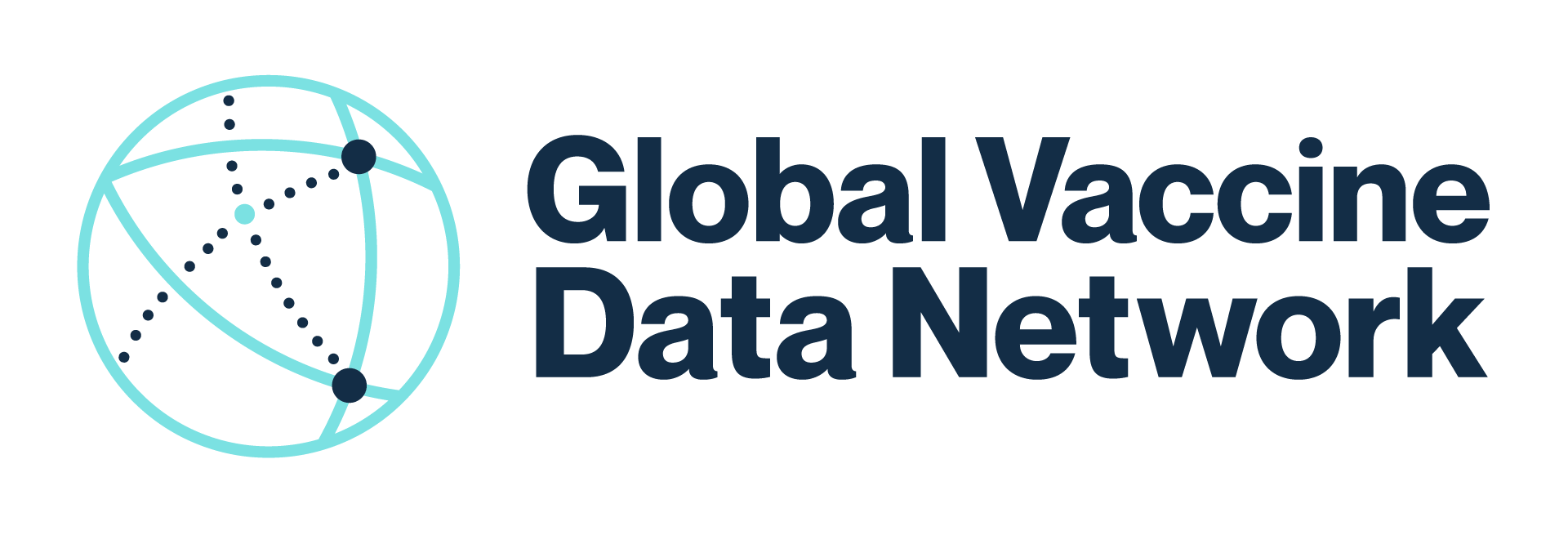Adverse events of special interest (AESI) such as Bell’s palsy and narcolepsy often present to primary care settings rather than hospitals and COVID-19 vaccine pharmacovigilance using hospital data only will miss these cases. Primary care databases are a key source of data for pharmacoepidemiology and vaccine pharmacovigilance internationally because they provide individual level information on demographics combined with laboratory test results, and diagnostic codes (Li et al., 2021; Strongman et al., 2019).
We have partnered with the National Hauora Coalition (NHC) and ProCare, which are two sizable primary health organisations (PHO) with about one million enrolled patients, for the Adverse Events of Special Interest in NZ Primary Care project.* Combined, these PHO include the largest Pasifika, South Asian and Māori populations enrolled in general practice in Tāmaki Makaurau (Auckland). Both organisations have state of the art digital health data systems and specialised analysts looking after this data.
This study will demonstrate the capacity for New Zealand to conduct near real-time vaccine safety surveillance using primary care data, rapidly identify potential vaccine safety signals and conduct risk assessments. This capacity to the pharmacovigilance environment and availability of these data to all relevant bodies and organisations ensure safe and equitable vaccine communication, implementation, monitoring, and testing.
Our final report is due mid-2024.
*This project was funded by Te Whatu Ora Health New Zealand previously New Zealand Ministry of Health.
